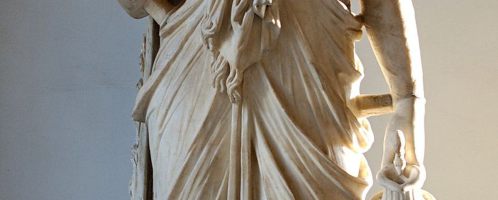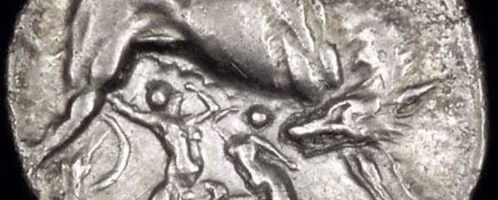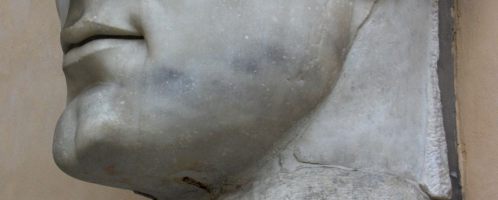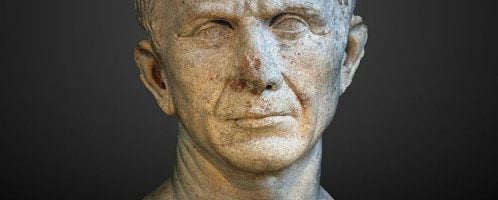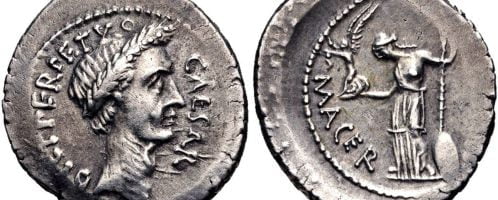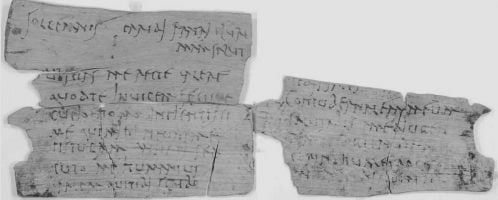Egyptian cults in Rome
With the development of the Imperium, a huge number of different religions with a shorter or longer traditions found themselves within the borders of the Roman state. As a result, a process of intense religious change began. Romans became more and more interested in attractive Eastern cults over time. These include, among others, Egyptian cults, primarily the goddess of Isis and Serapis.

